Published by Chris Townsend
Last updated Jan, 07 2026
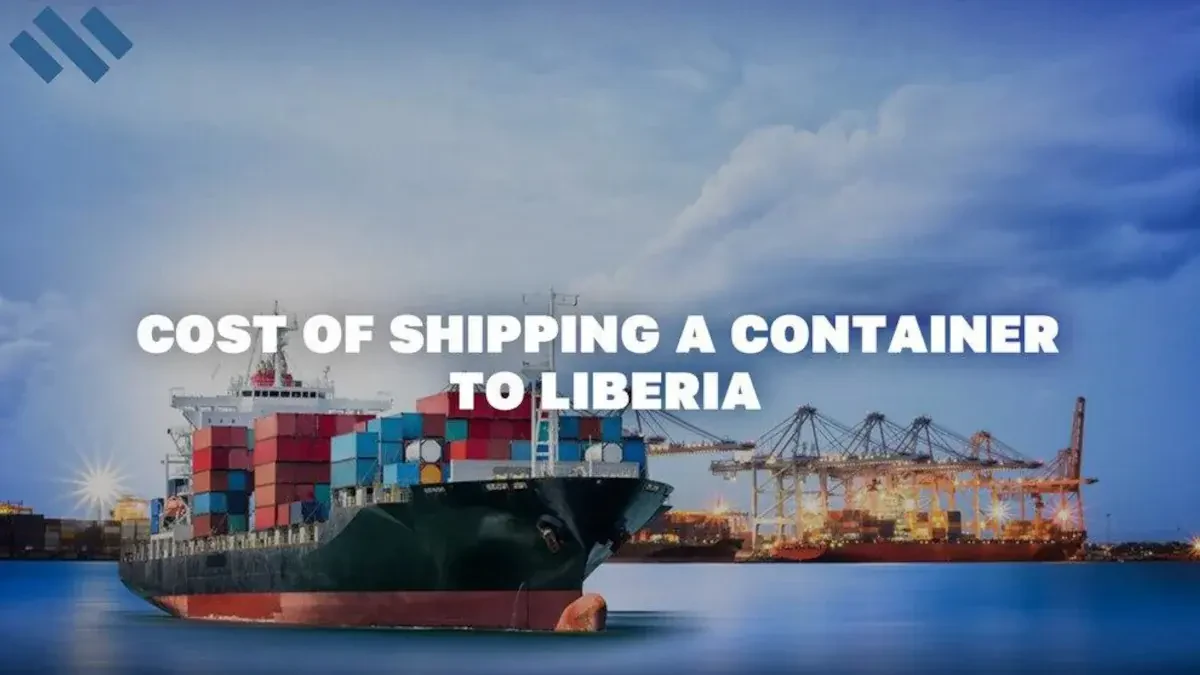
How Much Does It Cost of Shipping A Container To Liberia?
Our goal at Three Movers is to simplify the shipping process. If you have plans to ship a container to Liberia, you are in the right place. Our transparency policy ensures that you will know exactly how we arrived at the cost by the time you receive your quote.
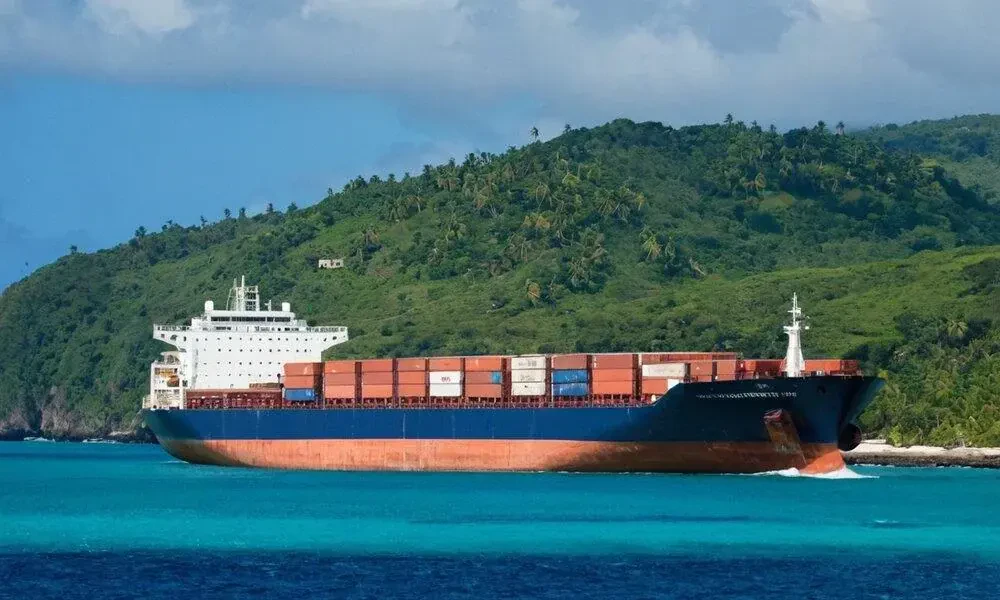
Factors That Affect the Cost of Hauling
The price we charge you is the product of a combination of factors. The five main ones are:
- The preferred transportation mode.
- The distance covered.
- The time of the year.
- The weight and volume of your cargo.
- The destination port.
While most of these are self-explanatory, you may have some questions about the time of the year and the destination port.
The destination port is a factor because there are no universally accepted port charges. Each port has its pricing decisions and categories of charges.
The time of the year has to do with the high season in international shipping. When demand goes up during the high season (January, February, August, and September), prices follow the same trajectory.
Trust Three Movers to guide you in the right direction and help you make the right choice based on all relevant factors.
Apart from these main factors, other elements come into play.
They include:
- Insurance: Peace of mind requires planning for all eventualities.
- General Rate of Increase (GRI): We need to stay afloat and offer our services to you for years to come. The GRI is how we balance our prices with the changes in operating costs.
- Customs Charges: The customs officials in Liberia will rely on their tax laws to determine how much you will pay in fees.

- Inspections: If your container gets inspected, you foot the bill for the activity.
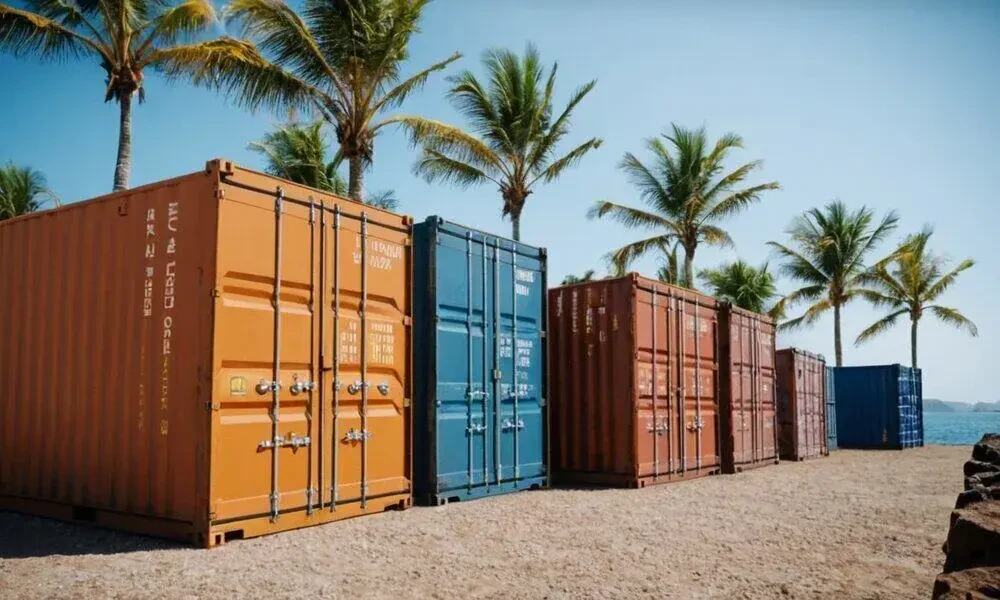
Average Container Moving Rates
FCL shipping is best for transporting lots of boxes, pallets and anything which will require a full container relocating to Liberia of up to 45,000lbs.
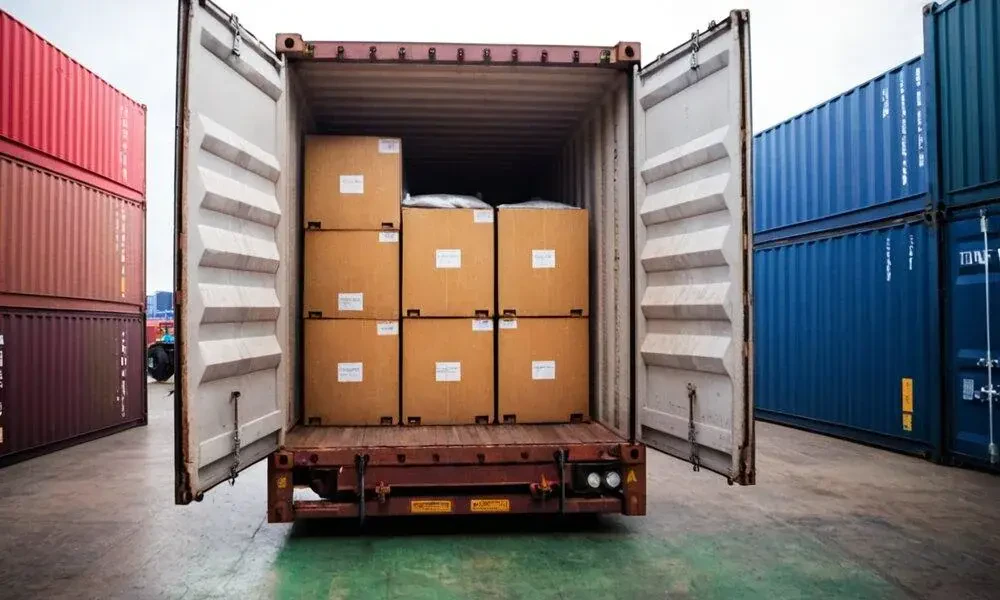
Full Container Load (FCL) Shipping Rates | |
|---|---|
| 20 ft | $1968 |
| 40 ft | $2400 |
LCL shipping is more affordable way to transport less than container load shipments to Liberia.
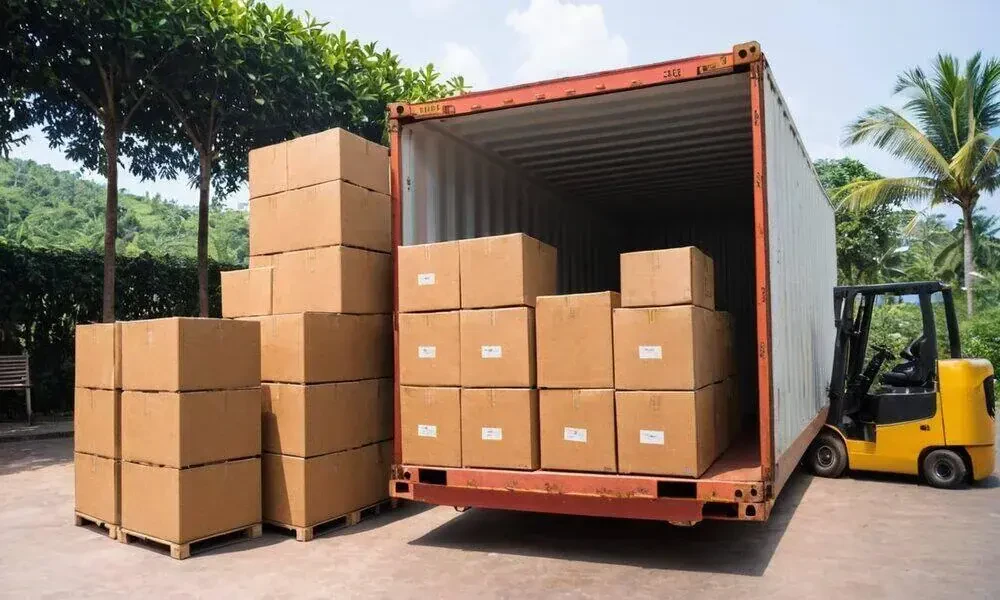
Less Than Container (LCL) Hauling Rates | |
|---|---|
| LCL | $140/CBM |
| Personal Effects | $820 |
| Household Goods | $955 |
International house moving to Liberia services - quick, easy and cheap.
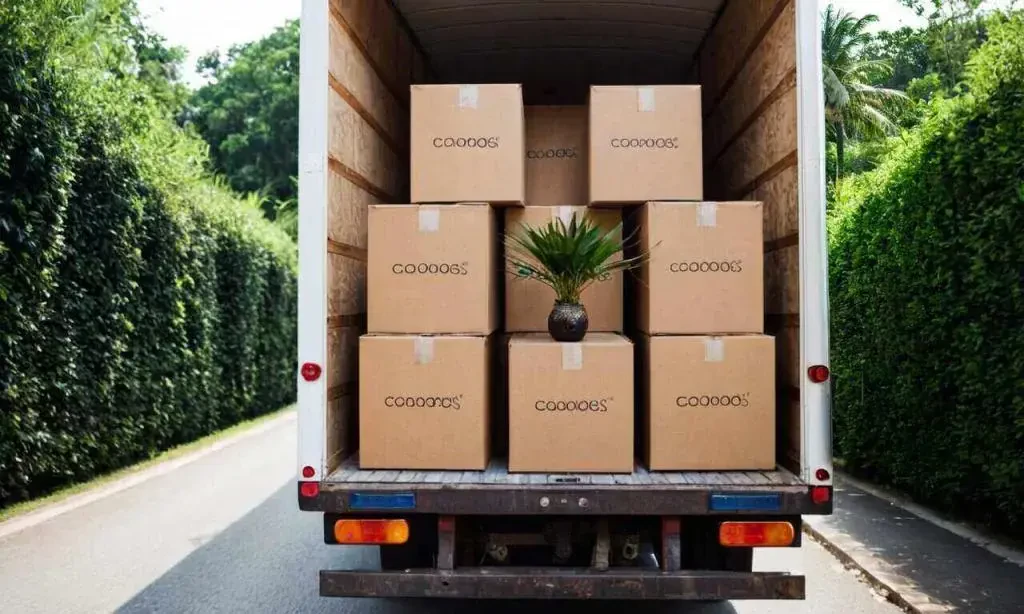
International House Moving Costs | |
|---|---|
| Partial House (2000Lbs & Less) | $880 |
| 1 Bedroom (3850 Lbs) | $3000 |
| 2 Bedroom (4500 Lbs) | $3950 |
| 3+ Bedroom (8750 Lbs) | $4805 |
International auto transport services to Liberia via RoRo and container ships. Ship cars, trucks, suvs, atv's, boats, RV's, heavy equipment and more.
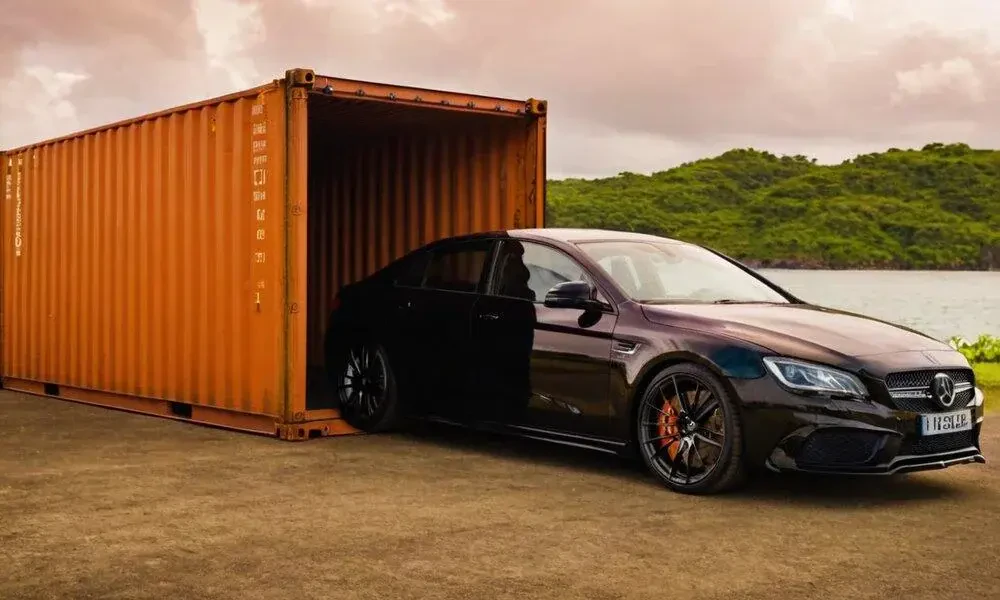
Container Car Shipping | |
|---|---|
| Sedan (Container) | $2350 |
| SUV (Container) | $2450 |
| Sedan via RORO | $1320 |
| SUV via RORO | $1490 |
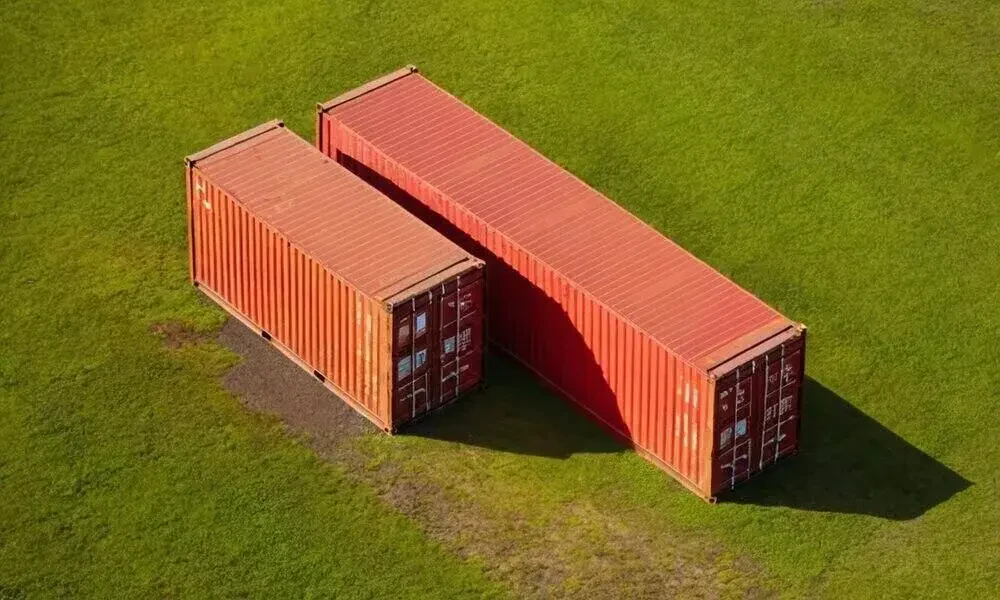
Which Size of Container Works Best for Me?
While there are many different containers for various industrial and perishable goods transport, we focus on residential use containers. That leaves you with two options:
- A 20ft: This is ideal for cargo that fits the typical 3-bedroom house or anything smaller than it.
- A 40ft: This one is ideal for cargo that fits the typical 4-bedroom house or anything bigger than it.
Once the container selection process is done, you need to choose either of the two load options below:
- The Less Than Container Load (LCL) Option: You get to split the hauling price with other parties whose cargo will be transported in the same container.
- The Full Container Load (FCL) Option: Only your cargo goes into the container.
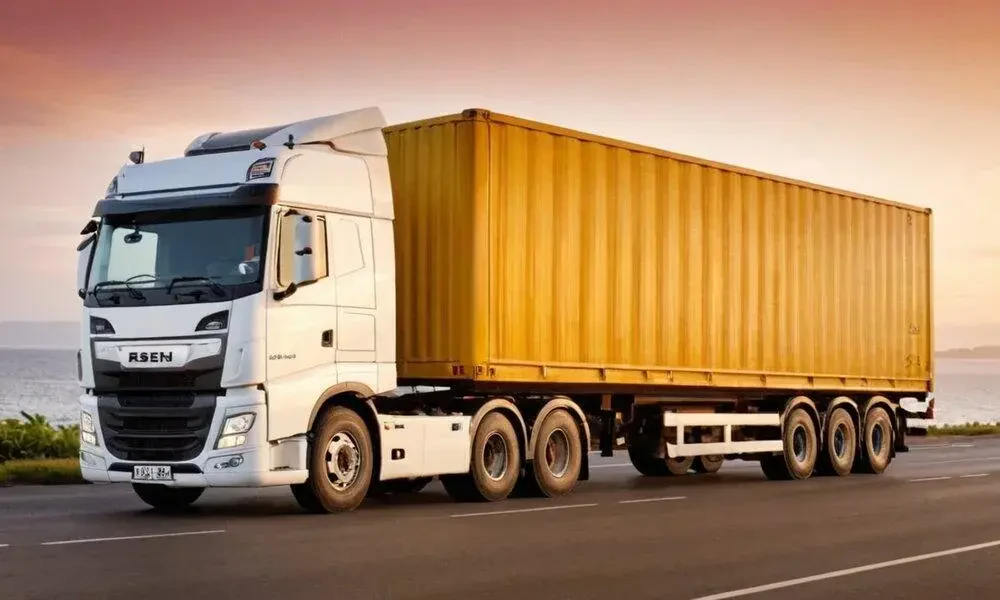
Understanding The Different Types of Freight Transportation
When transporting it to Liberia, you may select from two convenient modes of transport: air and sea. If you can wait the 2-8 weeks for arrival, sea freight is much more cost-effective than air shipping. Yet, if you have an urgent item that can't wait more than two or three business days to arrive, air freight is your best bet.
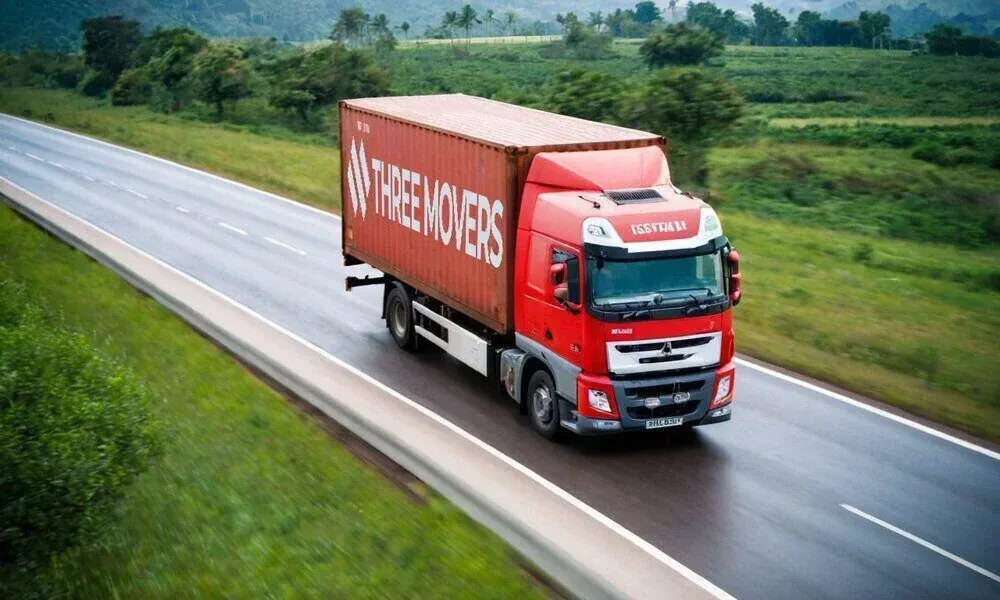
What’s Next?
At Three Movers, we prioritize customer service, and all our representatives are well-informed to answer any questions you may have. Start by calling our toll-free number (888) 202-0036 and our representative will ease your mind and generate a free quote for you instantly. Also, feel free to fill out your details on our website and get your quote today!
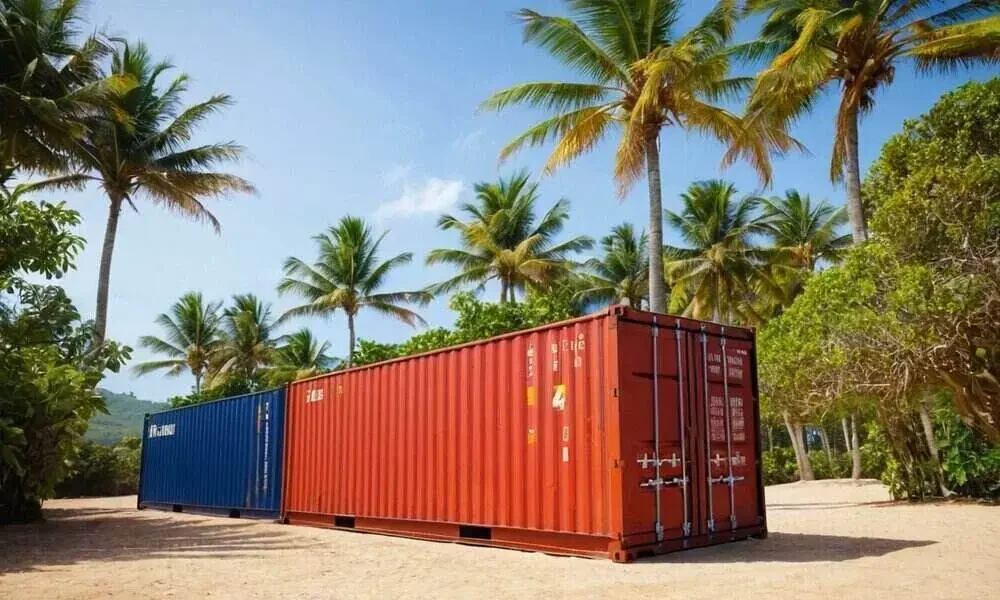
Frequently Asked Questions
The cost of shipping a container to Liberia typically ranges from $3,200–$6,800 for a 20-foot container and $4,800–$9,500 for a 40-foot container from the U.S. Pricing is driven by container size, port of origin, fuel surcharges, ocean freight demand, customs fees, and inland delivery in Liberia. Door-to-port is cheaper than door-to-door, and consolidated cargo can reduce costs. Learn more about broader international pricing factors at our international moving costs guide.
Shipping a container to Liberia from the USA usually costs $3,500–$9,000 depending on whether it ships from East Coast ports like New York or Savannah versus Gulf ports like Houston. Transit distance, carrier availability, container type, and peak shipping seasons affect pricing. Port congestion in Monrovia and inland trucking distance also influence the final total. Full-container loads are priced differently than shared shipments.
Shipping container costs to Liberia are affected by container size, cargo weight, port of departure, fuel and carrier surcharges, customs duties, and delivery method. Additional factors include packing services, special items like vehicles, rainy-season delays, port storage fees, and whether the move is household goods or commercial freight. Understanding overseas logistics in advance helps avoid surprise charges. See our overview of moving overseas shipping costs for planning clarity.
Container shipping to Liberia typically takes 25–45 days from U.S. ports. East Coast departures average 25–35 days, while Gulf or West Coast shipments may take longer due to transshipment. Customs clearance, documentation accuracy, port congestion in Monrovia, and inland delivery scheduling can extend timelines. Door-to-door shipments usually add several extra days compared to port-to-port service.
Shipping a container to Liberia requires a bill of lading, commercial invoice, packing list, certificate of origin, and valid identification. Household goods may require additional customs declarations, while vehicles or commercial cargo often need import permits. Missing or inaccurate paperwork can delay clearance and increase storage fees at the port. Proper preparation is essential for smooth international container shipments.
Liberia restricts or prohibits certain items including hazardous materials, weapons, explosives, illegal drugs, and some telecommunications equipment. Used vehicles, electronics, and household goods may face inspection or duty assessments. Shipping prohibited items can lead to fines, seizure, or shipment rejection. Verifying restrictions before packing helps prevent costly delays during customs clearance.
Insurance is strongly recommended when shipping a container to Liberia due to long transit times and multiple handling points. Coverage protects against loss, damage, theft, or weather-related incidents. Costs are usually 1–3% of declared cargo value and vary by coverage type. International shipments without insurance place full financial risk on the shipper. Learn how coverage fits into international moving and storage planning.


